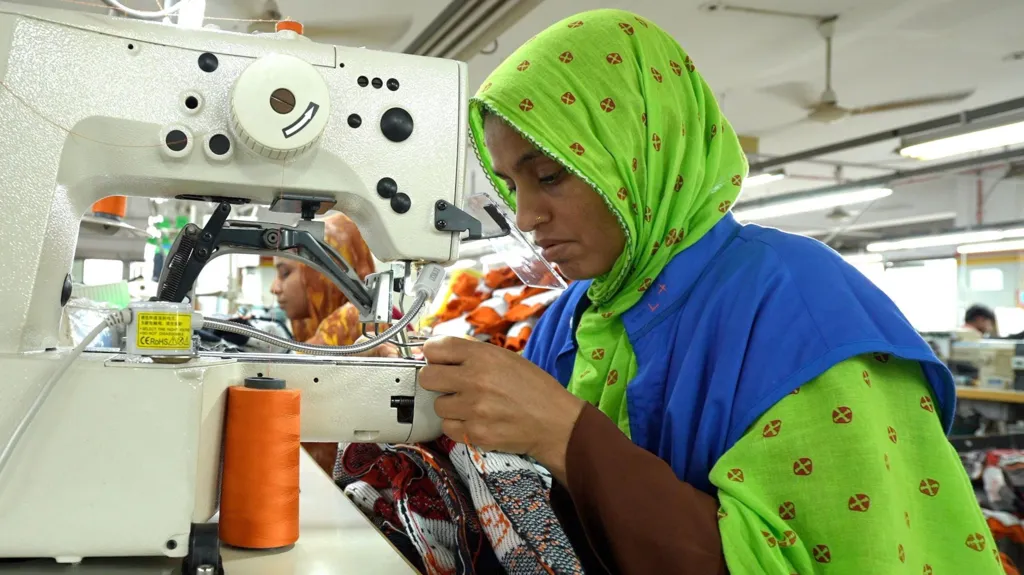
Bangladesh’s economy was propelled by fast fashion, but now it faces challenges and needs further support for growth
5 months ago
Bangladesh’s economy was propelled by fast fashion, but now it faces challenges and needs further support for growth

Many garment workers in Bangladesh continue to earn wages far below the national minimum. The country is a vital hub for global fast fashion, supplying retailers like H&M, Gap, and Zara. Over the past three decades, the industry, now valued at $55 billion annually, has transformed Bangladesh from extreme poverty to a lower-middle-income economy. However, the garment sector faces an uncertain future following the ousting of Prime Minister Sheikh Hasina in August, which left hundreds dead and caused widespread unrest.
Amid nationwide internet blackouts, several factories were set ablaze, and major brands began exploring other sourcing options, including Vietnam. At least 60 factories near Dhaka are set to close, as protests over wages and working conditions escalate. Workers are demanding substantial pay increases, with many earning just half the national minimum wage and struggling to survive.
The upheaval is part of a broader economic crisis. The country’s economy was already fragile due to rising manufacturing costs, shrinking demand, and a depleted foreign currency reserve. Excessive spending on grand infrastructure projects and entrenched cronyism further weakened Bangladesh’s financial system, leaving it dependent on another IMF bailout.
While the garment industry helped pull millions out of poverty, it has not kept pace with the aspirations of younger, educated Bangladeshis, who are pushing for broader economic diversification. Experts argue that the country can no longer rely solely on the garment sector to sustain its economy. Technological parks meant to stimulate higher-paying jobs have largely failed, and the new government must confront corruption and bureaucracy to attract foreign investment and revive economic growth.
Interim leader Muhammad Yunus, a Nobel Peace Prize laureate, faces the daunting task of stabilizing the economy while ensuring fair elections and overhauling dysfunctional institutions. His reforms will be critical as Bangladesh grapples with global shifts in demand, worsening relations with India, and increasing climate-related disasters.
Source: BBC